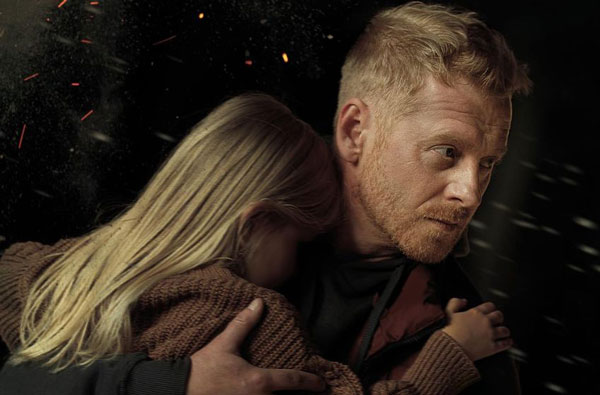
In Martin Scorsese's masterful biographical drama film, The Aviator, visionary film director and aviation tycoon Howard Hughes (Leonardo DiCaprio) compulsively repeats to audiences his personal mantra and reasoning that drove him to embrace aerospace innovation, declaring: “You see, it’s the way of the future. The way of the future. The way of the future…”
It’s May of 2017 in the capital of Silicon Valley: San Jose, California. In a small auditorium-like classroom, executive director of the Innovation Learning Center, Katie Magrane, is speaking to a group of captivated teachers of the Zero Robotics middle school program. Established by the MIT Space Systems Laboratory alongside NASA and CASIS, the Zero Robotics competition endeavors to provide the marginalized disengaged youth across the United States with the opportunity to use the International Space Station for student experimentation and in assisting space scientists in the zero gravity climate of outer space. Through the course of a summer long competition, various schools compete to write algorithms for SPHERES satellites and advance to the state and national level.
Early in the runtime of Thomas Verrette’s documentary film Zero Gravity, Magrane clearly establishes that “the world is increasingly running on code”. She elucidates to her classroom audience, “Your mission is to build surveying satellites to orbit Mars. That is the Space Race, right now”. If the grand technological race of the early 20th century was in the aviation and aerospace industry, then it is evident that the defining trend of the early 21st century is none other than the Space Race to Mars itself. It is, as DiCaprio’s Hughes would call it, “the way of the future,” and there is perhaps no one greater to spearhead mankind’s journey to Mars than the future leaders of tomorrow.
Verrette’s Zero Gravity -- a passion project years in the making -- follows the intimate and endearing journey of San Jose’s Campbell Middle School team in the Zero Robotics competition through the perspective of their teacher, Tanner Marcoida, and his students Adrien, Advik, and Carol. In an era of documentary filmmaking where the direction of films often loses its grasp over its subjects, Verrette maintains a laser sharp focus on his subjects in a wholesome manner that captures the essence of their personal and collective journeys. A veteran of the film industry for more than a decade and formerly a creative and production executive at FOX, Verrette and his film don’t boast that a master is at work behind the camera.
The greatest asset of Zero Gravity, a film that already has many merits to it, is the seamlessness in which it is made. Advik Gonugunta, Carol Gonzales, and Adrien Engelder, are friendly and passionate ten and eleven year olds (respectively), incredibly open about their fascination with space exploration. Despite their eagerness to speak about their future goals and willingness to invite the crew of the film into their personal space, Zero Gravity excels in that its camerawork never feels invasive. DOP Carlos Marulanda is brilliant in his cinematography, taking audiences everywhere from the personal quarters of its subjects to the ISS and the Moon. At the very pulse of the film is the emotional bond Tanner and his students immediately form with the viewer, and as their coding skills gradually evolve from an amateur level and they begin to write their algorithm, their victories feel like yours. Regardless of whether they advance in the competition, audiences know that both the students and their instructor have an extremely bright future ahead of them.








,Tasmania-1976.jpg)